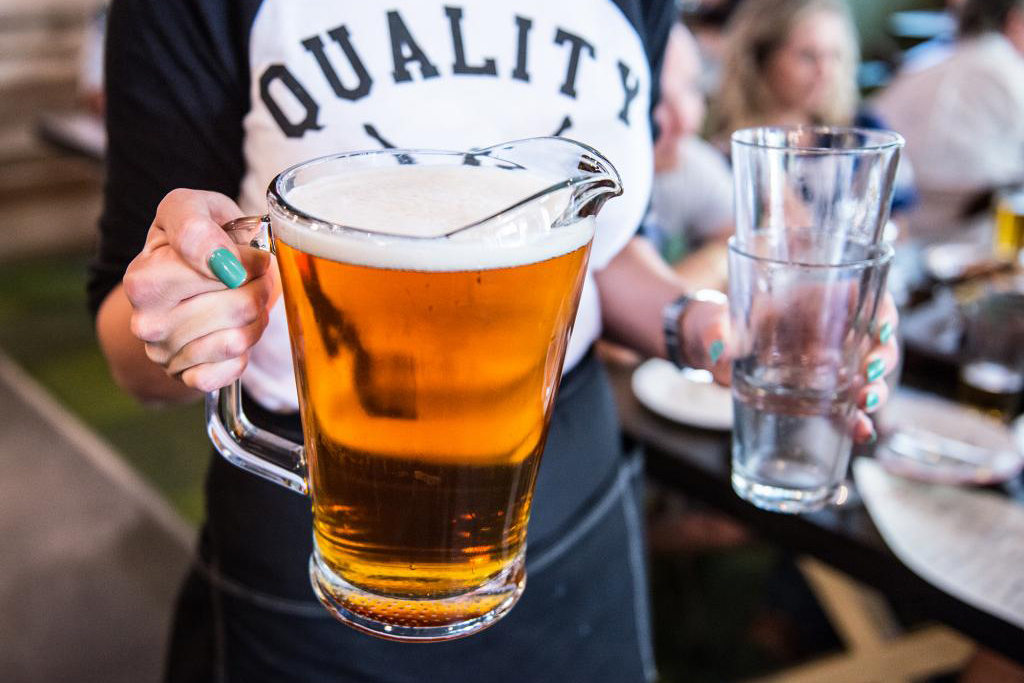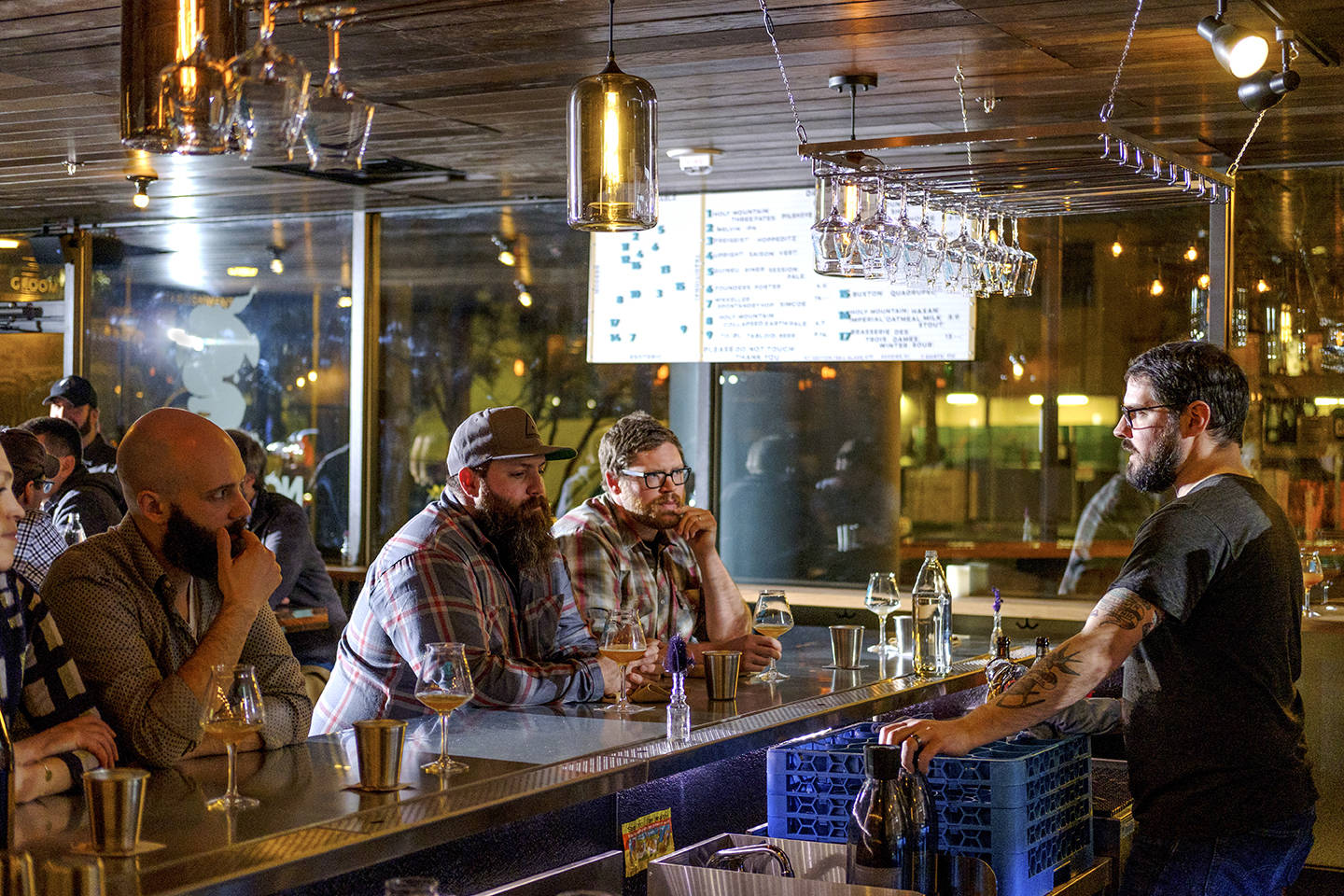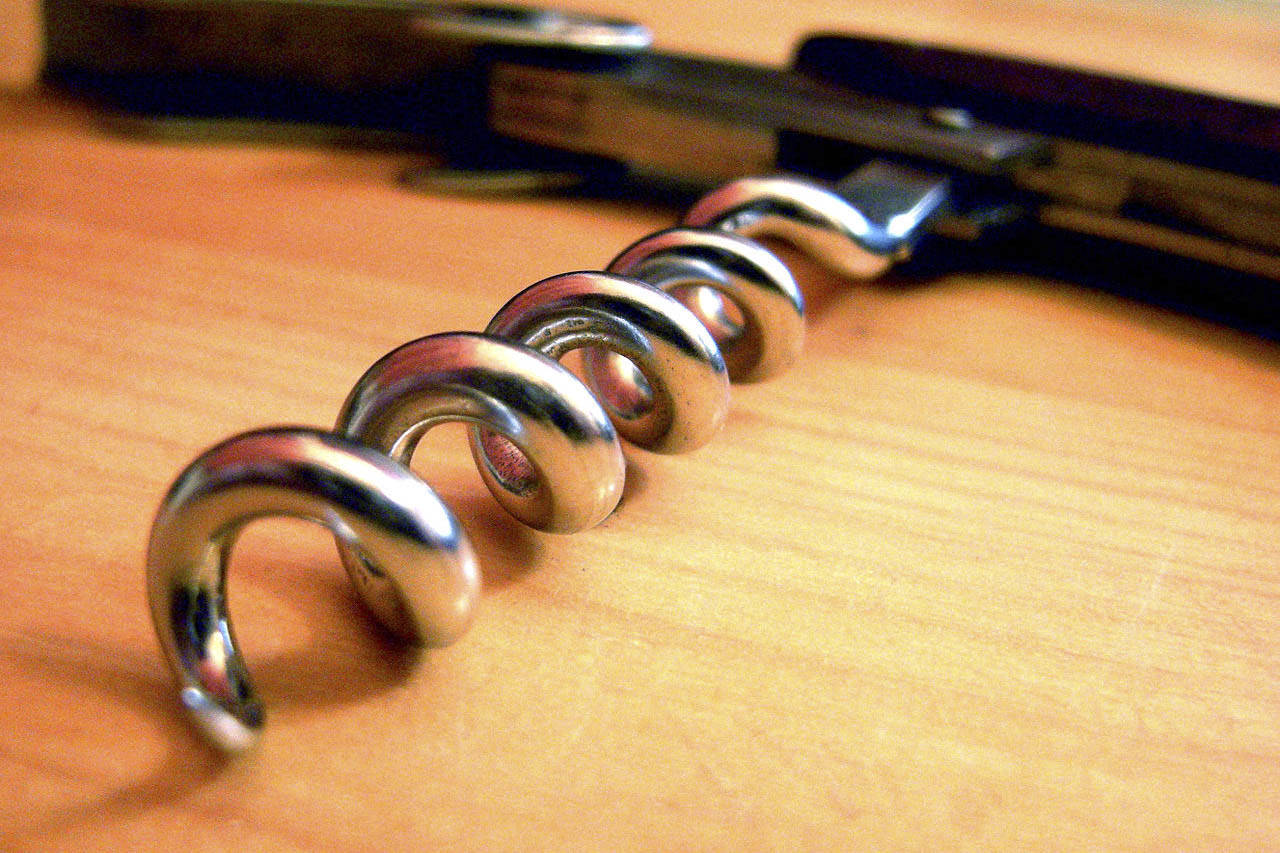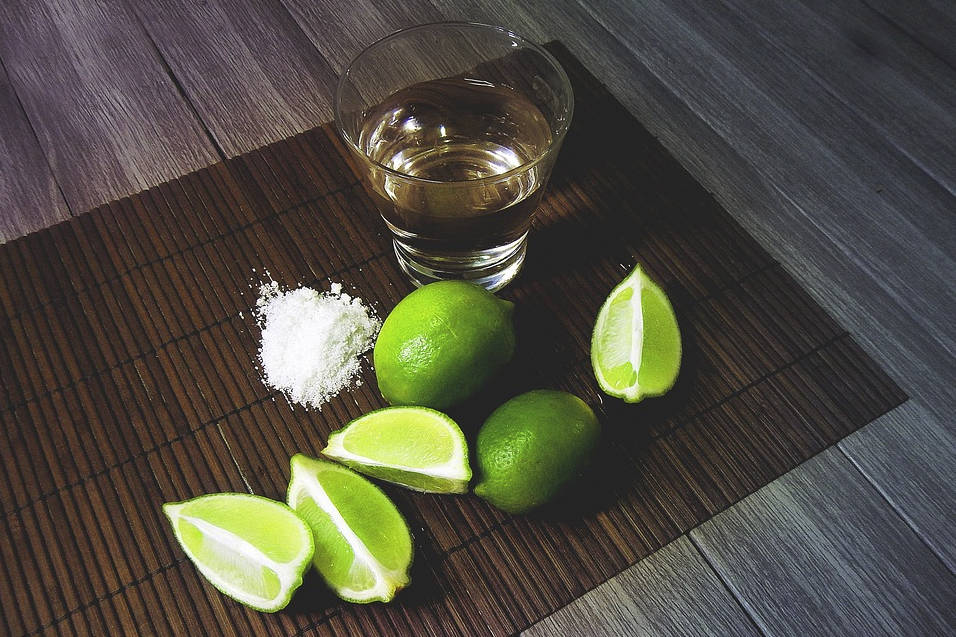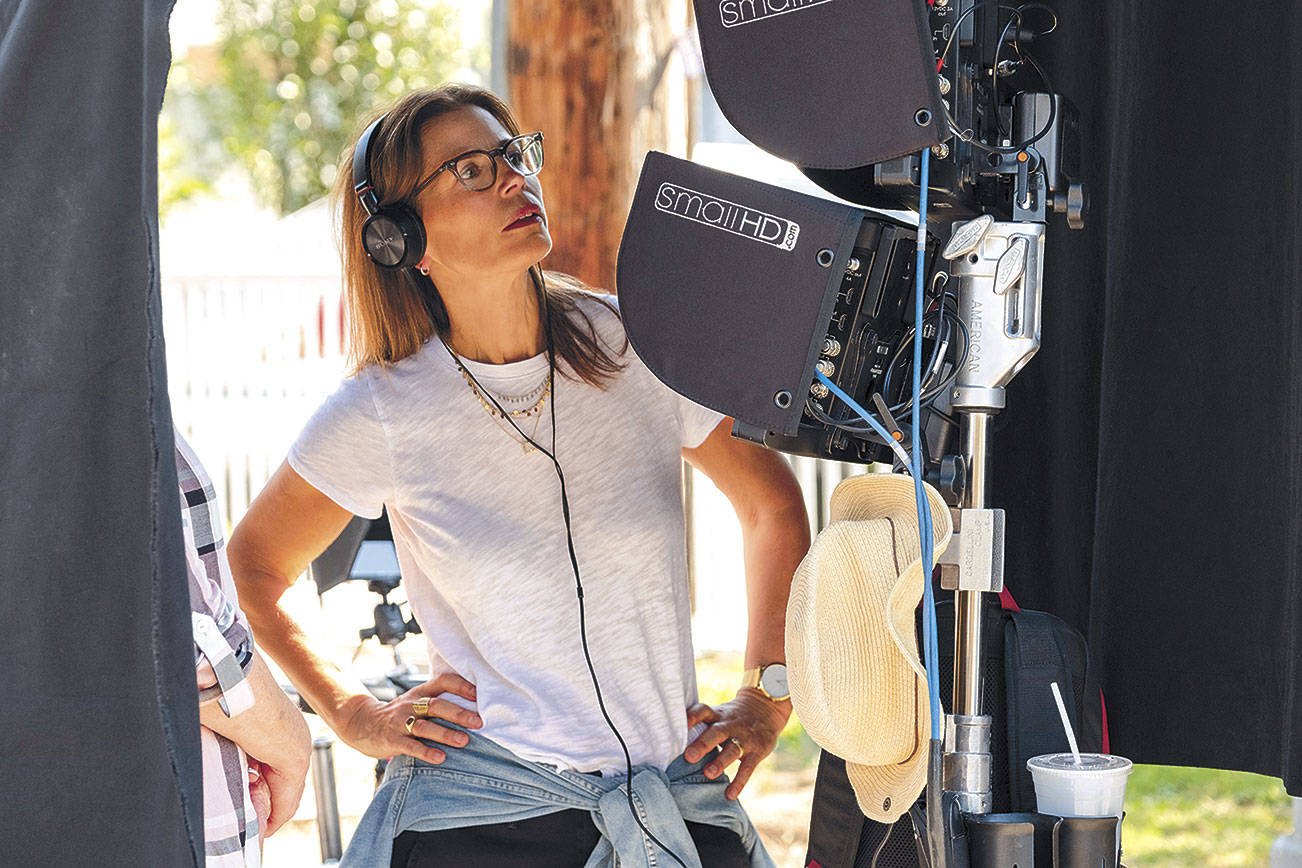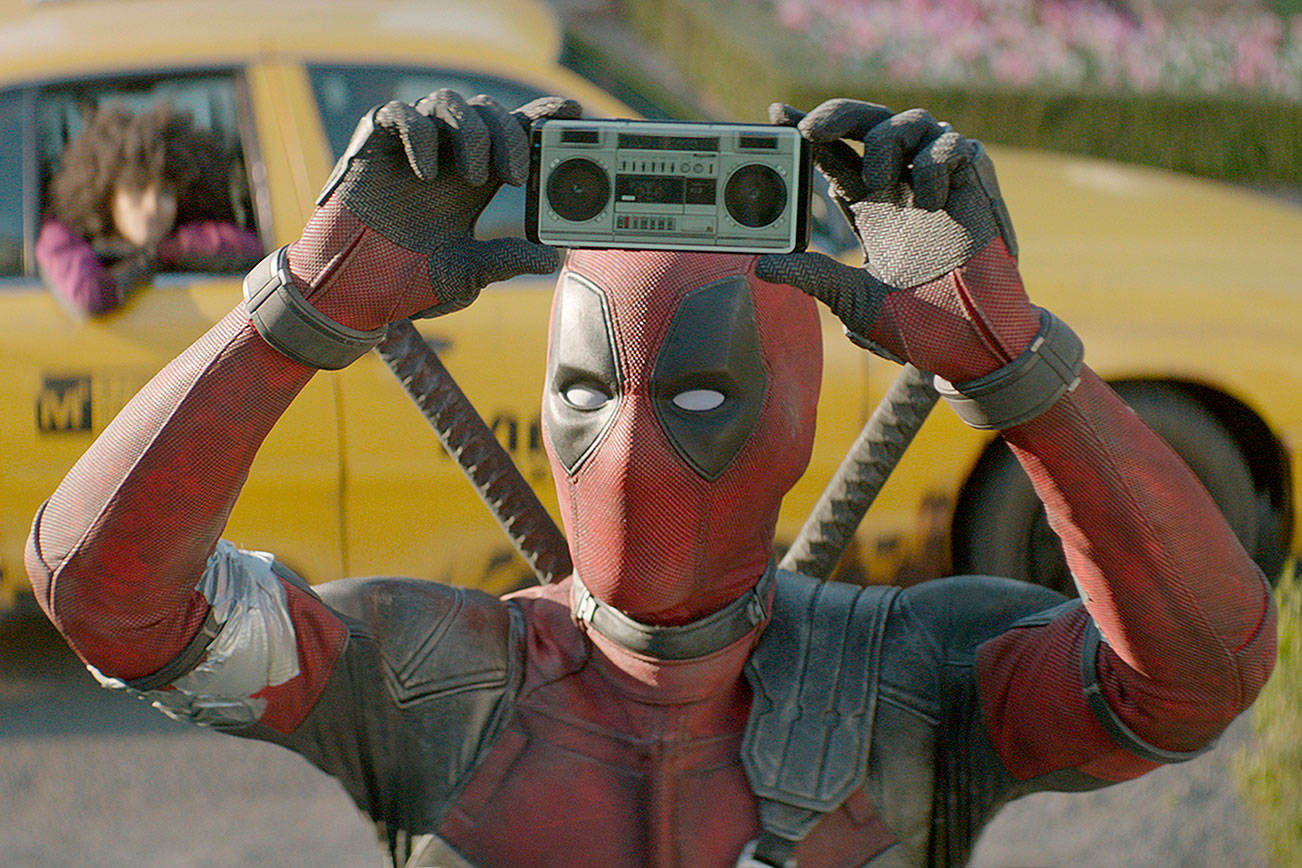Dining etiquette is a constant topic of conversation in my life, with friends, family, and guests alike. Sometimes they want to know how the increase of the minimum wage, and the accompanying changes to tipping protocol, have changed my work life. Other times people want to know if anyone actually sends back a bottle of wine. I’m well-practiced at answering these questions (it’s complicated; yes, it happens, but rarely). Yet recently a friend posed a question I hadn’t really thought much about, and am still a bit vexed by: How long is reasonable to wait for a drink?
The first consideration: How long does it take for waitstaff to ask? When I was learning to wait tables, it was drilled into my head that you always offer a table a drink when you first greet them. The majority will turn you down, or need more time to decide, but a decent number of diners have a sense for what they want right away; why keep them waiting? Taking a drink order is also a good way to buy yourself time when you’re busy as a server, without having to actually do a whole lot.
That said, once the drink is ordered, the clock is really ticking on the bar. As a guest, I try to be reasonable with my expectations … within reason. The most important variable, of course, is how busy the joint is. At a half-empty bar on a sleepy Tuesday night, it’s fair to expect your drink within a minute or two of ordering. Conversely, at a hopping restaurant at 7:30 on a Saturday, a 10-minute wait is probably a good starting point. The drink you order can make a big difference, as can the type of bar: an IPA obviously doesn’t take as much work as a Pisco sour. That said, good bars have processes in place to keep drinks coming, no matter their complexity or volume.
A long wait for the first drink is particularly galling because often it’s the first thing the diner gets to enjoy at the table. A long wait is easier to ignore later in the meal, because there’s presumably lots to distract you: food, or at least conversation.
To my mind, the key is communicating expectations. If the bar is busy or the bartender has to change a keg, your server should say something, or perhaps even offer an alternate drink that they could bring quicker. Like most everyone else, I just appreciate being warned when there might be an issue, to know I haven’t been forgotten.
That’s really the heart of the issue. Like almost anything else service-related, it’s key that guests feel that they’re being taken care of and paid attention to. I’ll contentedly wait quite a while for a table, or food, or a drink, as long as I know someone is aware that I’m there. That said … where’s my drink?
